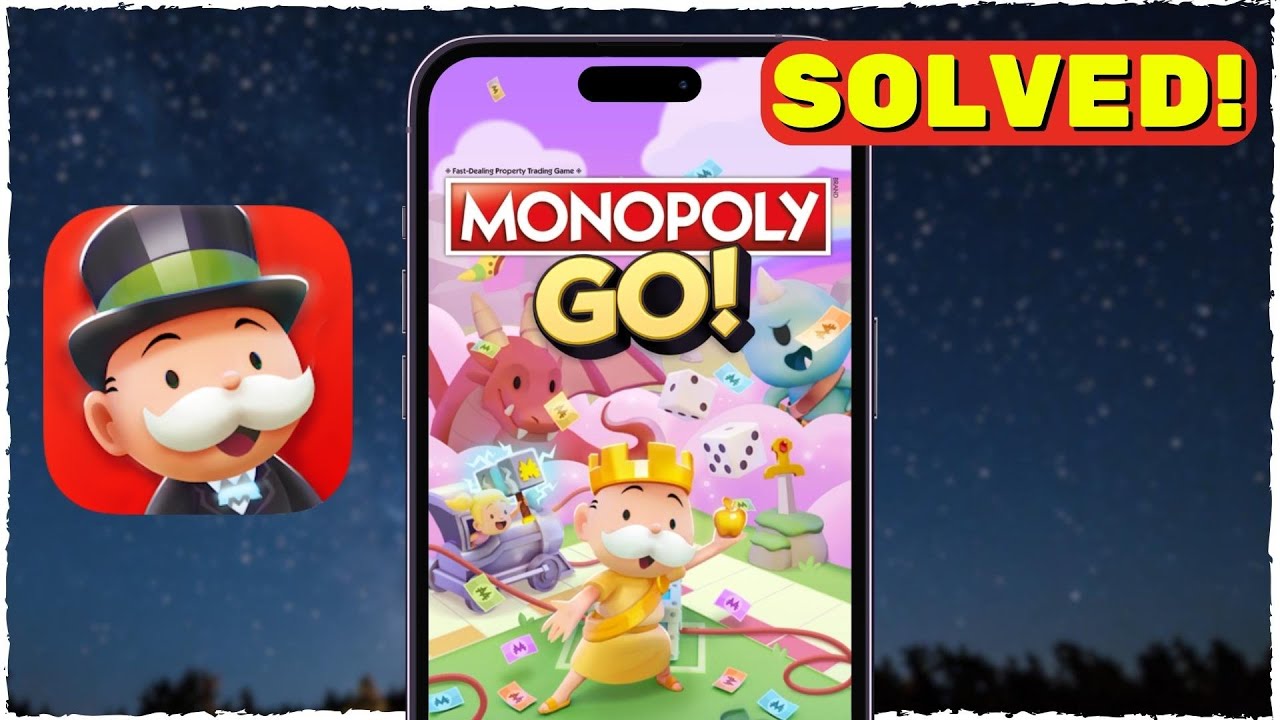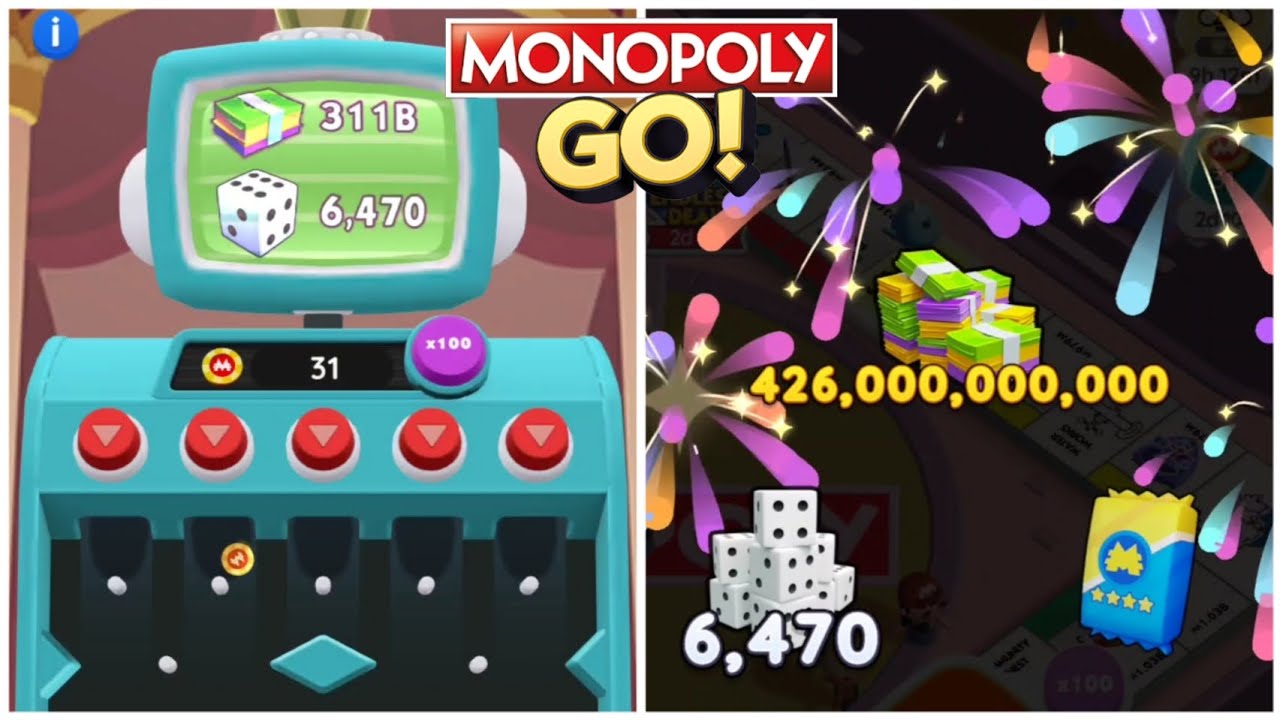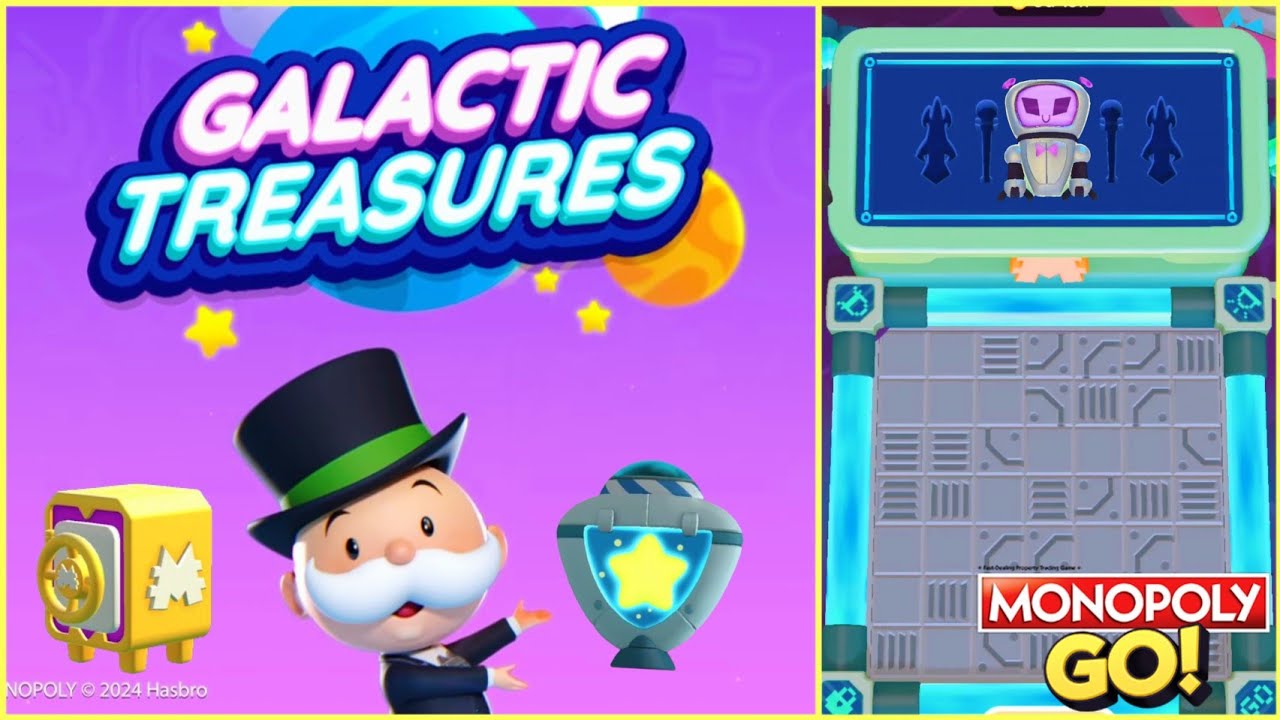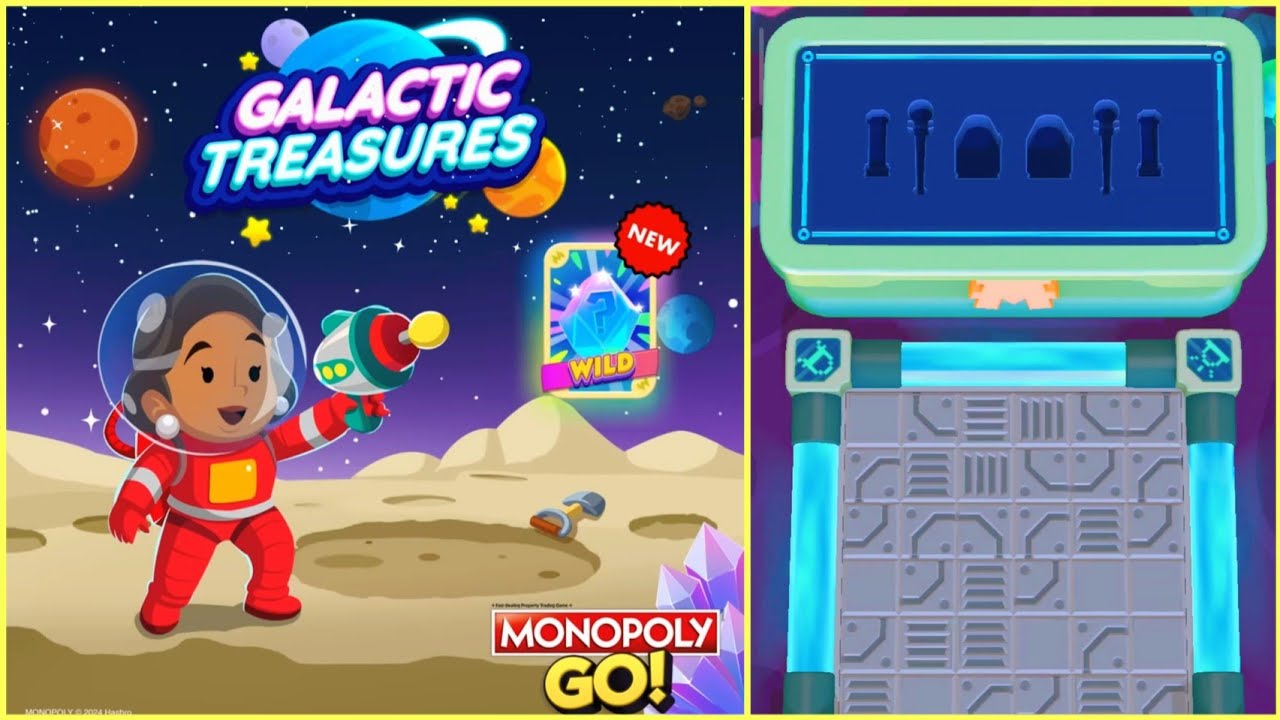Roblox is more than just a game. It is an entire platform where users can create, share, and play games made by other players. Launched in 2006 by David Baszucki and Erik Cassel, Roblox has grown into one of the most popular and diverse gaming platforms in the world, appealing to a wide range of audiences from children to adult developers. What distinguishes Roblox from other gaming platforms is its player-driven content, creativity, and the social experience that blends gaming, design, and entrepreneurship. This essay explores the various facets of Roblox, including its history, the unique gameplay mechanics, the importance of user-generated content, the rise of its economy, and the challenges it faces as it continues to grow.
The Origins of Roblox
Roblox was founded in 2004 and officially launched in 2006. It began as a platform that combined gaming with a learning experience. The founders, David Baszucki and Erik Cassel, initially envisioned Roblox as a digital space where users could create and interact with physics-based environments. The company’s early focus was heavily rooted in education, allowing players to build virtual worlds using simple tools while learning about basic programming, design, and physics.
What set Roblox apart from the start was its unique approach to user-generated content. Players were not only consumers but also creators, building their own games and virtual spaces using Roblox Studio, a development tool integrated into the platform. By offering free access to these tools, Roblox enabled young people to experiment with game design, often sparking an interest in programming and game development.
Over the years, Roblox evolved into a full-fledged gaming platform, attracting millions of users worldwide. Its ability to host multiplayer games, combined with its social elements, allowed it to gain momentum, especially among younger audiences. With the advent of mobile gaming, Roblox’s accessibility increased, as it became available on multiple platforms, including smartphones, tablets, and consoles.
The Roblox Ecosystem: A World of Possibilities
One of the most compelling aspects of Roblox is the sheer variety of experiences it offers. Unlike traditional video games, which are often limited to specific genres or storylines, Roblox acts as a platform for virtually any type of game or interactive experience. From role-playing games and obstacle courses to simulations and educational experiences, the diversity within the Roblox ecosystem is staggering.
This diversity stems from Roblox’s nature as a user-generated content platform. Every game on Roblox is created by members of the community, which means the possibilities are almost limitless. Users can explore haunted houses, build virtual cities, or even simulate life as a bee collecting nectar. The games vary in complexity, ranging from simple puzzles to intricate role-playing worlds with their own economies and social systems.
The flexibility of Roblox’s creation tools allows for innovation across multiple genres. Developers, many of whom are young and inexperienced, can easily access Roblox Studio, where they can use Lua, a simple scripting language, to bring their ideas to life. This democratization of game development has made Roblox a breeding ground for creativity, where even a beginner can create something compelling and fun.
Moreover, Roblox’s cross-platform nature means that players can enjoy the same game whether they are on a PC, mobile device, or console, making the experience seamless and accessible to a broader audience. This cross-platform functionality has helped Roblox become a truly global phenomenon, with users from all around the world contributing to its expansive universe.
Social Interaction: Building a Community
Another significant aspect of Roblox’s success is its social platform. Beyond just being a gaming site, Roblox functions as a social network where players can communicate, collaborate, and share their creations. The social component is one of the core reasons why Roblox has become so appealing to younger audiences, who can interact with their friends while playing their favorite games.
Users can create and join groups based on shared interests, participate in in-game chats, or even collaborate on game development projects. Roblox also allows players to customize their avatars, making personal expression an integral part of the experience. Whether it’s through clothing, accessories, or animated gestures, players can showcase their individuality, which fosters a sense of identity and belonging within the community.
Events also play a big part in Roblox’s social experience. The platform regularly hosts virtual events that draw millions of players. For instance, Roblox often partners with major brands, celebrities, and music artists for virtual concerts, game launches, and movie promotions. These events offer unique in-game rewards, exclusive content, and an opportunity for the community to come together for shared experiences. One of the most notable examples is the virtual concert by Lil Nas X in 2020, which attracted millions of viewers and highlighted the potential of virtual events within the Roblox universe.
Roblox also fosters a sense of collaboration between players and creators. Many games on the platform are developed with input from multiple users, encouraging teamwork and shared creativity. In some cases, established developers on the platform even hire other players as designers, artists, or coders, helping to create a collaborative and inclusive game development environment.
The Rise of Roblox Economy: Robux and Monetization
Roblox has developed its own economy, largely centered around its virtual currency called Robux. Players can earn or purchase Robux, which can be used to buy items for their avatars, access premium features in games, or even spend on other in-game purchases. Developers also earn Robux through their games, either through in-game purchases or from players who pay to access their creations.
This economic system has allowed Roblox to become a platform where users can potentially earn real-world income. Through the Roblox Developer Exchange (DevEx) program, developers can convert Robux into actual currency, with the platform taking a portion of the earnings. Some of the most successful Roblox developers have turned game creation on the platform into a full-time career, earning significant amounts of money from their games.
For younger users, Roblox also offers a form of financial literacy. Players can learn about the value of currency, how to manage spending, and even how to run a business within the confines of a game. Many successful developers have learned basic entrepreneurial skills through Roblox, creating games that attract millions of players and generate real revenue.
Monetization extends beyond just game development. Roblox has a thriving marketplace where users can create and sell virtual items, such as clothing and accessories for avatars. This marketplace is another example of how Roblox blurs the line between players and creators, giving anyone the opportunity to participate in the platform’s economy.
Challenges and Criticisms
Despite its success, Roblox is not without its challenges and criticisms. One of the major concerns is the safety of young users. Since Roblox is popular among children and teens, the platform has been scrutinized for the potential risks associated with online interactions, such as exposure to inappropriate content or interactions with strangers. Roblox has implemented several measures to address these concerns, including parental controls, chat filters, and a dedicated moderation team. However, ensuring the safety of millions of users is an ongoing challenge, and there have been instances where inappropriate content has slipped through the cracks.
Another criticism of Roblox is its monetization practices, particularly concerning young players. While Roblox provides opportunities for creators to earn money, it has been criticized for creating an environment where children feel pressured to spend money on Robux to enhance their experience. The company has faced scrutiny over whether these in-game purchases exploit young players, many of whom may not fully understand the implications of spending real money on virtual items.
Additionally, there are concerns about the fairness of the revenue-sharing model between Roblox and its developers. While some developers have made substantial earnings, the vast majority of creators earn little to nothing from their games. Roblox takes a significant cut of developers’ earnings, and some argue that the platform could do more to support smaller creators, especially those who are just starting out.
The Future of Roblox
As Roblox continues to grow, its future looks promising, but it also faces significant challenges. The platform is expanding beyond gaming, positioning itself as a metaverse—a digital space where users can interact, socialize, and create in a virtual world. This concept of the metaverse has gained traction in recent years, with Roblox being one of the leading platforms in this emerging space.
Roblox’s vision for the metaverse includes virtual concerts, educational experiences, social gatherings, and more, all within a shared digital environment. The company is also investing heavily in improving the quality of its graphics and expanding its developer tools, making it easier for creators to build more sophisticated and visually impressive experiences.
As Roblox moves toward becoming a metaverse platform, it will need to address its current challenges while continuing to foster creativity and innovation. The platform’s success has been built on its community of creators, and its future will depend on how well it can support and empower them while ensuring the safety and well-being of its users.
Conclusion
Roblox has revolutionized the way people create, share, and experience games. Its user-generated content model has democratized game development, giving millions of players the tools to become creators. With its vibrant community, robust economy, and the potential to become a leading player in the metaverse space, Roblox is poised to continue shaping the future of digital entertainment. However, as it grows, the platform must also navigate the challenges of safety, monetization, and fair compensation for its creators, ensuring that it remains a space where creativity can thrive.










